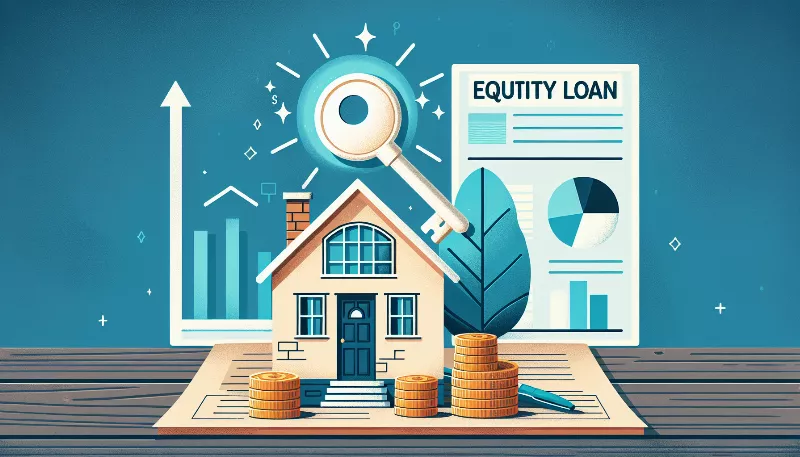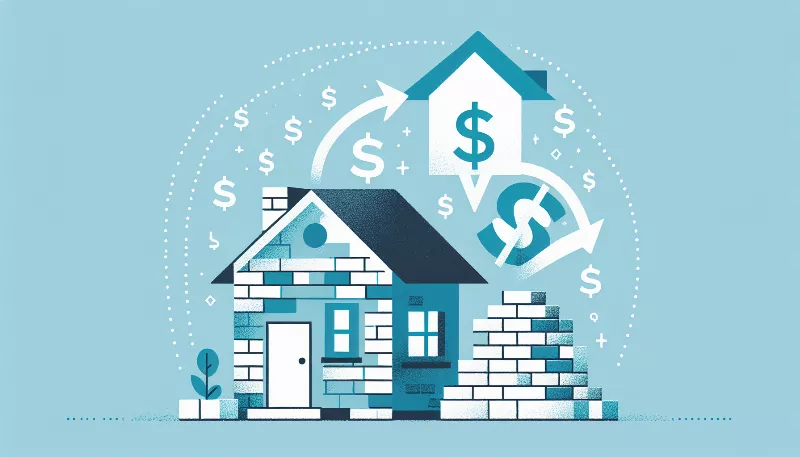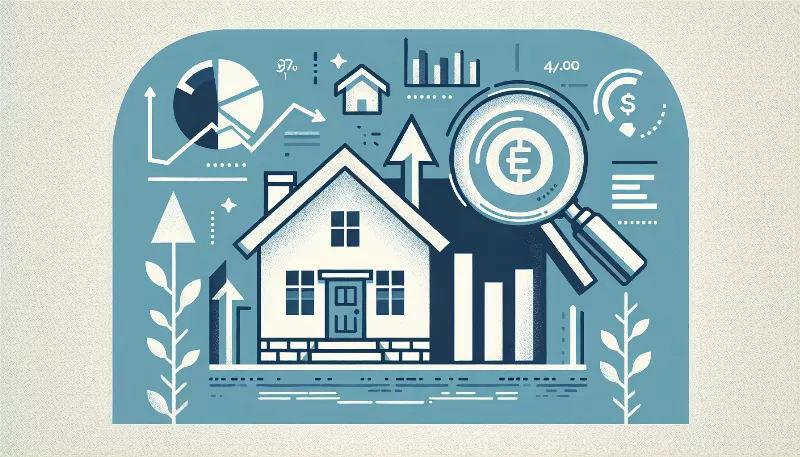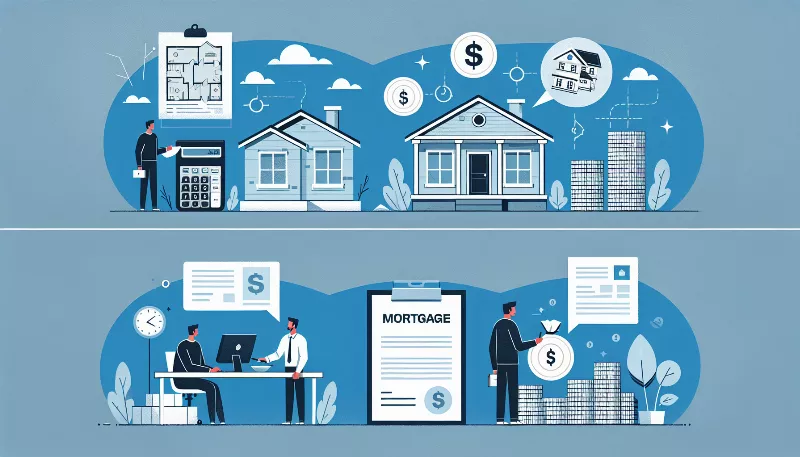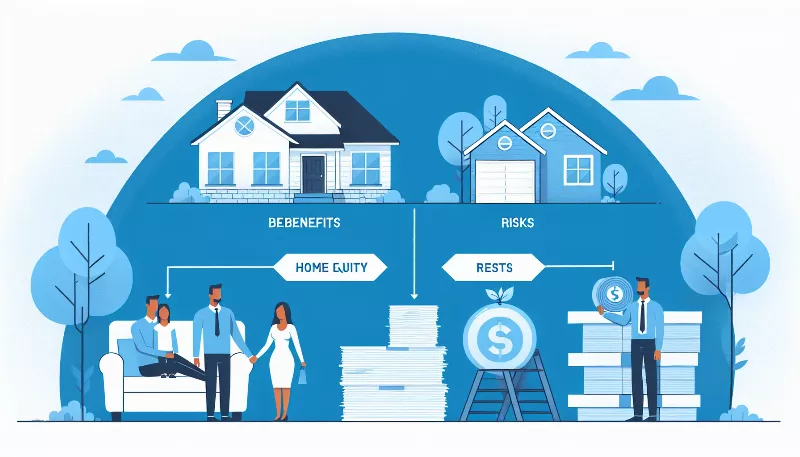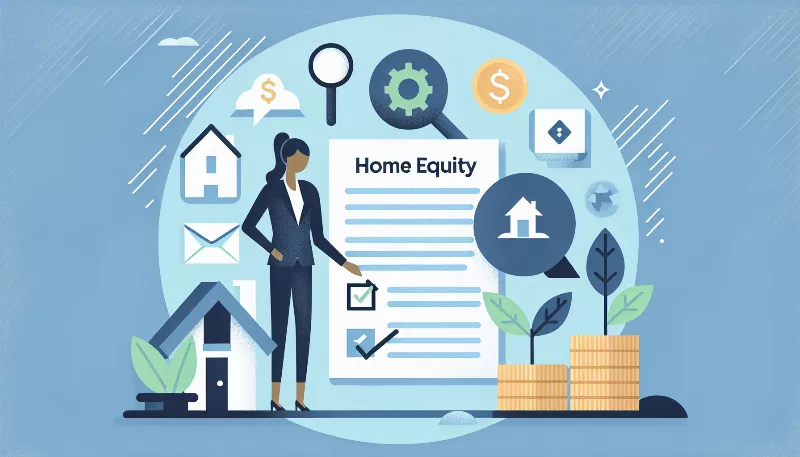How do lenders determine the amount you can borrow with a home equity loan?
Unlock the secrets to borrowing power with our guide on how lenders assess your home equity loan potential. Maximize your loan savvy today!

Introduction to Home Equity Loans
Are you considering tapping into your home's equity? A home equity loan can be a fantastic way to leverage the value of your property for renovations, debt consolidation, or other significant expenses. But how do lenders determine the amount you can borrow? Let's dive into the exciting world of home equity and understand the factors that influence your borrowing power!
Understanding Home Equity
First things first, what is home equity? It's the difference between the current market value of your home and the outstanding balance on your mortgage. As you pay down your mortgage or as your home's value increases, your equity grows. This accumulated equity is the portion of your home that you truly 'own,' and it's this value that lenders will consider when determining your loan amount.
The Loan-to-Value Ratio (LTV)
One of the primary tools lenders use to calculate your potential loan amount is the Loan-to-Value (LTV) ratio. This critical metric compares the loan amount to the appraised value of your home. Typically, lenders will allow you to borrow up to a certain percentage of your home's value, often around 80-85%. For example, if your home is valued at $300,000 and your mortgage balance is $150,000, your maximum potential loan could be up to $105,000, assuming an 85% LTV.
Your Creditworthiness
Lenders are not just looking at your home's value; they're also scrutinizing your financial health. Your credit score, income stability, debt-to-income ratio, and payment history are all part of the equation. A higher credit score can lead to more favorable loan terms and a higher loan amount because it signals to lenders that you're a low-risk borrower. So, maintaining a strong credit profile is key to maximizing your borrowing potential!
Debt-to-Income Ratio (DTI)
Another vital factor in the lender's decision-making process is your Debt-to-Income (DTI) ratio. This measures your monthly debt payments against your gross monthly income. Lenders prefer a DTI ratio that's below 43%, which ensures that you're not over-leveraged and can comfortably manage additional loan payments. A lower DTI can significantly boost the amount you're eligible to borrow.
Interest Rates and Repayment Terms
Interest rates and repayment terms also play a significant role in determining your home equity loan amount. Lower interest rates can make larger loans more manageable, as they translate to lower monthly payments. Additionally, the length of the repayment term affects both your monthly payment and the total amount you can borrow. Longer terms might mean smaller payments, but also more interest paid over the life of the loan.
Conclusion: Maximizing Your Home Equity Loan
To maximize the amount you can borrow with a home equity loan, focus on building your home's value, reducing your mortgage balance, maintaining a strong credit score, and keeping your DTI ratio low. With these factors in your favor, you'll be well-positioned to unlock the full potential of your home's equity. Remember, a home equity loan is a powerful financial tool, and understanding how lenders determine your loan amount is the first step towards making an informed and beneficial decision.
